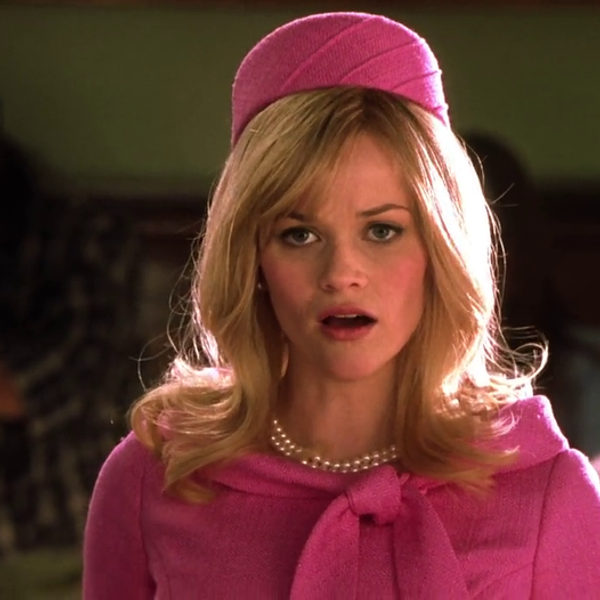Most of what I write on this platform is politically related, but I couldn't pass on the opportunity to share my thoughts on Drew Brees' retirement last week. Many football fans know Brees as one of the greats in terms of quarterbacks, and that he is. He's had an exceptional career considering he was somewhat of an underdog when he was young. Yet, what most people don't understand is the deep impact this one QB has had on an entire city.
Drew Brees began his football career at Purdue University. He was skilled, and his stats backed that up, but he was lacking in size. He accepted a position at Purdue and went on to achieve great success there, becoming a finalist for the Heisman trophy twice, breaking records, and leading the team to their first Rose Bowl in several decades. In 2001, he was picked by the San Diego Chargers in the second round of the NFL draft. He had some success there, but was once again undervalued for his height. He wanted new opportunities, but after sustaining a serious shoulder injury, his prospects were looking grim.
In 2006, Sean Payton took a chance on Drew Brees and asked him to play for the New Orleans Saints, the first season after the disastrous effects of Hurricane Katrina. The city was in a dreadful condition, with 1,833 dead from the floods, thousands more homeless, living in trailers, cruise ships, and even in the Dome. Entire communities were displaced, destitute, and devoid of hope. The wreckage that remained shared no resemblance to a city known for its spirit and vibrance. Yet, in the midst of all that grief and loss, Drew Brees chose to bet on a city that sorely needed someone to believe in them, and the love he received was bottomless.
I was only 5 when Drew Brees signed for the Saints, but I remember seeing the Dome, whose roof had been torn off the year before, packed to the brim with fans. The joy and sense of renewed hope was not only tangible, but inexplicably powerful. It was Drew Brees' first home game for the Saints, but it was also the first glimpse of hope that New Orleanians had experienced in a year. So, as you can imagine, there was no shortage of tears or excitement when they claimed victory over the Atlanta Falcons. Only 4 years later, Drew Brees led the Saints to Super Bowl Victory over the Indianapolis Colts and was named MVP for the season. Fans flooded the streets, music filled the air, and the roaring of a city reborn left viewers breathless. Brees had delivered on his promise to rebuild the city, and in that moment, he did it in more ways than one.
15 years later, Brees became one of the best quarterbacks in NFL history. He holds the record for career passing yards, touchdown passes, and completions. What makes Drew Brees exceptional, though, is not his ability to throw a perfect spiral, but his devotion to the city of New Orleans. Since he joined the team, he poured millions of dollars into charity. The Brees Dream Foundation gives to causes ranging from cancer research, food banks, and education to cultural preservation, youth entrepreneurship, and green initiatives. When Katrina hit, he worked to provide relief for families, rebuild schools and athletic facilities, and give aid to hospitals to treat the severely ailing population. Recently, the Brees family gave $5 million dollars for efforts to support New Orleans during the COVID-19 pandemic.
That is just a snapshot of what Drew Brees has given to Saints fans, but what he and his team gave us was so much greater than that. An underdog himself, he devoted his career to an underdog city, and something that unique can't really be understood unless you're a part of it. I was raised watching Saints football, so in a way, I was raised with Brees. I've never known another quarterback, nor do I think anyone will ever be able to fill that man's shoes. His dedication, his leadership, his compassion, and his love for this community is truly unmatched. I can't say what the future of the Saints will look like without him, but his story will be one for the history books. Watching him glance back at the stadium one last time broke my heart, but it also reminded me just how much his legacy means to Saints fans. So no, nine is not just a number. It's the number of a man who changed New Orleans forever.
















